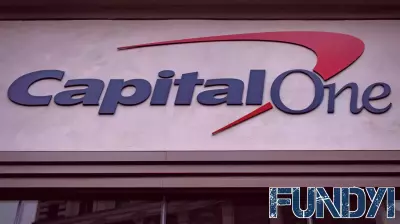December 19, 2024 - 18:07

Most electoral campaigns are privately financed. However, a growing number of states and localities are implementing public financing programs aimed at leveling the playing field for candidates. These programs are designed to reduce the influence of large donations and special interests in politics, ensuring that a wider array of candidates can compete for office.
Public financing initiatives typically provide candidates with matching funds for small donations, allowing them to amplify grassroots support. This approach encourages candidates to engage with their constituents and prioritize the needs of the public over wealthy donors. States like Arizona and Maine have seen success with such programs, reporting increased participation from diverse candidates and a more representative political landscape.
Critics argue that public financing can strain state budgets and may not guarantee electoral success for candidates. Nonetheless, advocates believe these programs are essential for fostering democracy and ensuring that all voices are heard in the political arena. As more jurisdictions consider similar initiatives, the impact of public financing on electoral outcomes remains a key area of interest.



